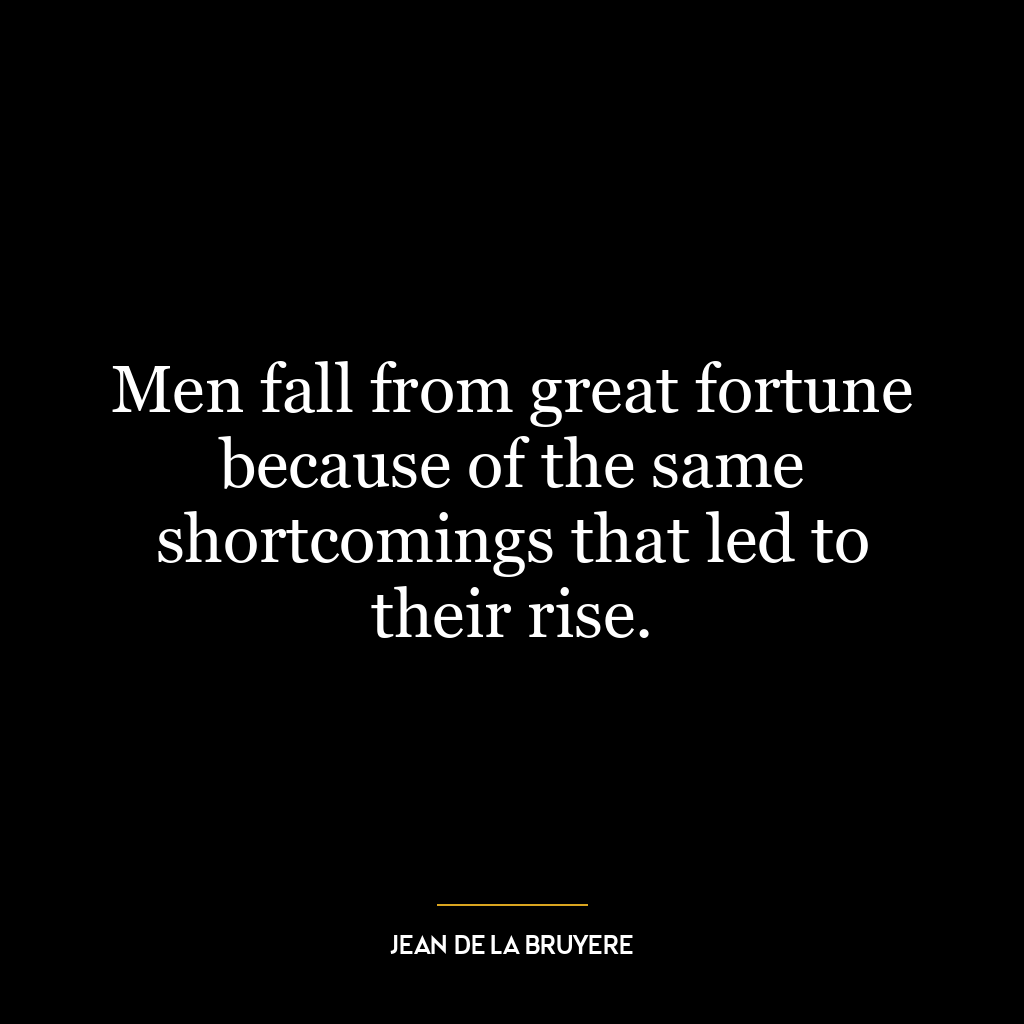A good man is not mine to see. Could I see a man possessed of constancy, that would satisfy me.
This quote speaks to the idea of constancy, or the quality of being enduring and unchanging. In essence, Confucius is expressing a longing to see a person who is steadfast in their virtues, someone who is consistently good and unyielding in their moral principles, regardless of the circumstances they find themselves in. A good man, in this context, is not just someone who occasionally performs good deeds, but someone who maintains their goodness at all times.
The concept of “a good man is not mine to see” suggests that truly virtuous people are rare or hard to find. This could be an acknowledgement of the complexities and challenges of human nature, or a commentary on the moral standards of society.
Applying this idea to today’s world, it could be seen as a call for individuals to strive for consistency in their actions and beliefs. In a society often characterized by fickleness and rapidly changing trends, maintaining constancy in one’s values is a challenging but worthy endeavor. It’s about not just being good when it’s convenient or beneficial, but being good even when it’s difficult or when no one is watching. This kind of integrity is highly valued and respected.
In terms of personal development, this quote emphasizes the importance of consistency in character development. It’s not enough to aspire to be good; one must strive to be good consistently. This might mean making conscious efforts to align one’s actions with one’s values, or making a commitment to personal growth and improvement even in the face of setbacks or challenges. It’s about striving for consistency in one’s moral character, and recognizing that this is a lifelong journey rather than a destination.








